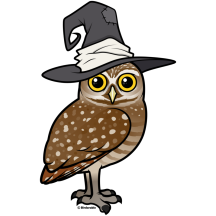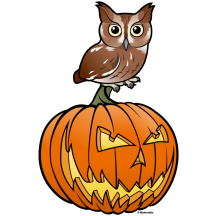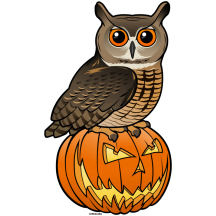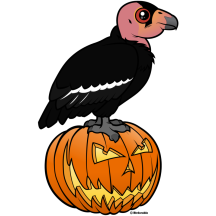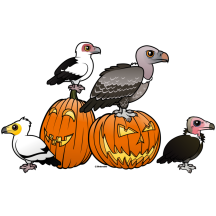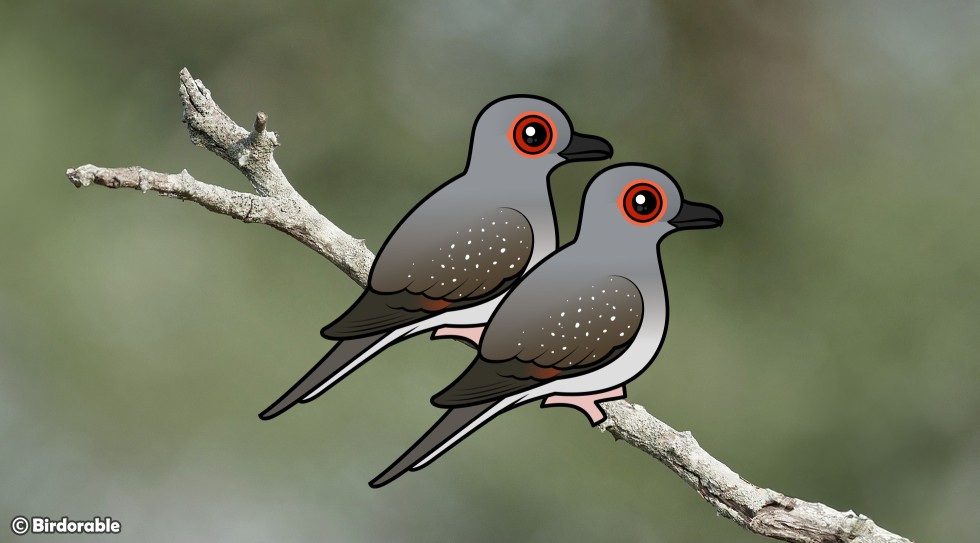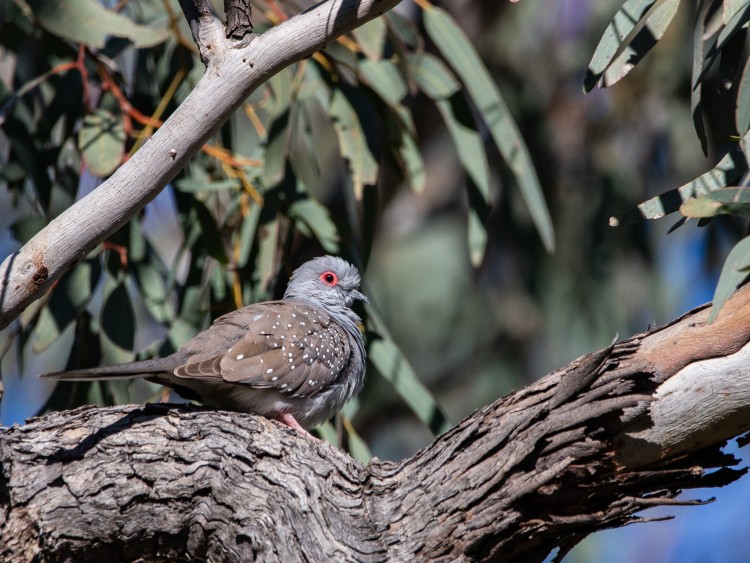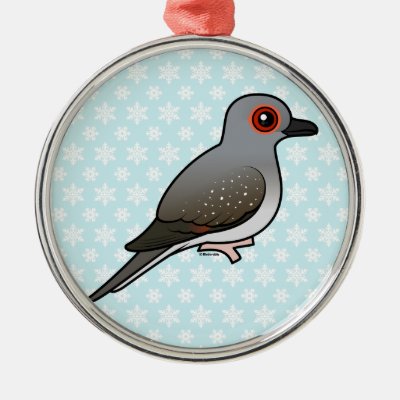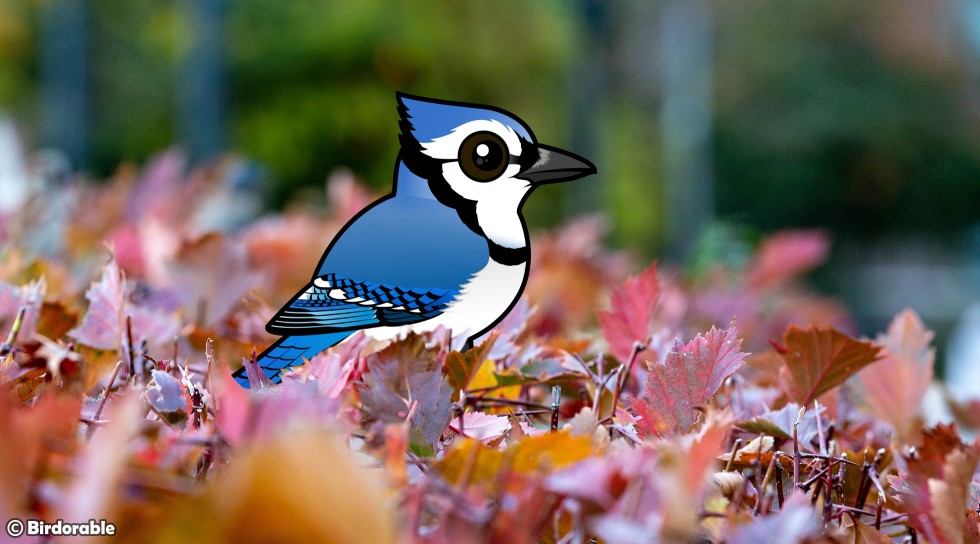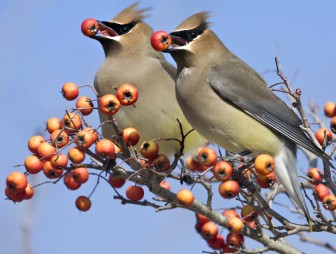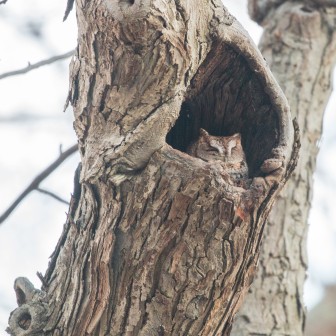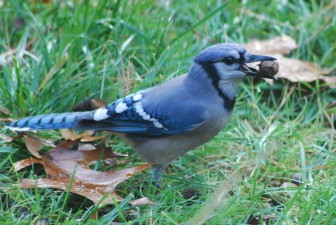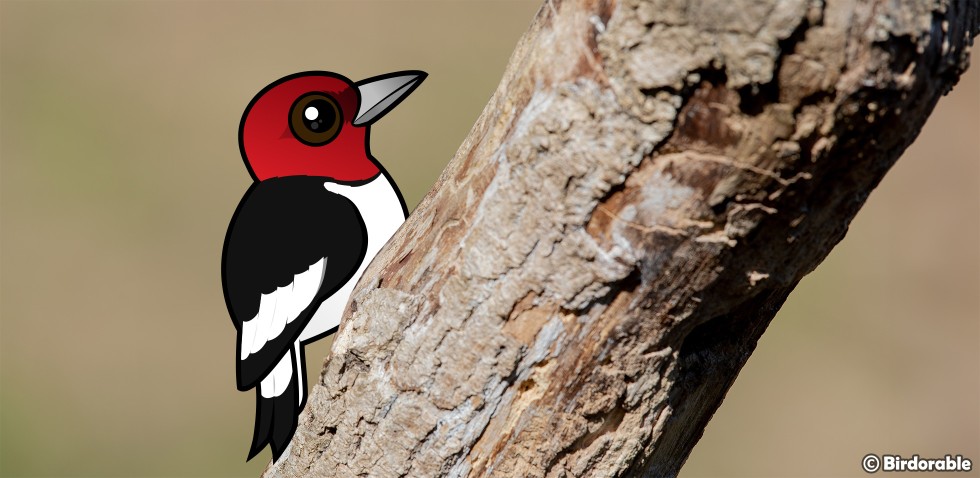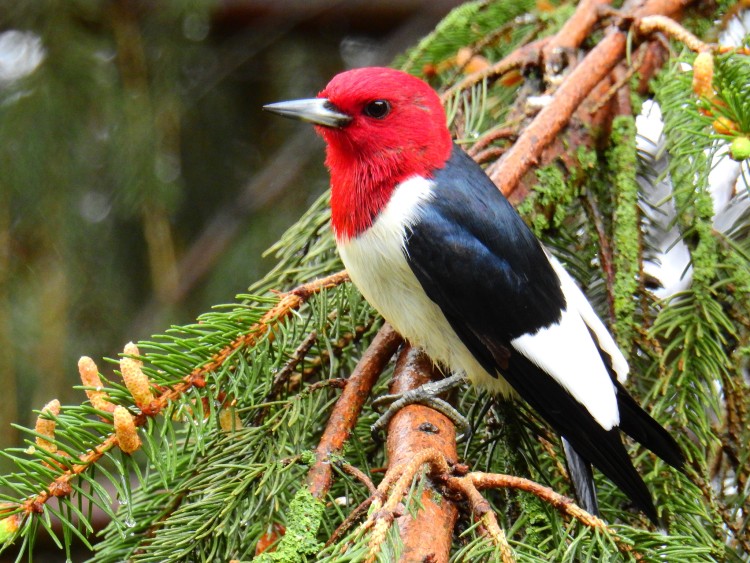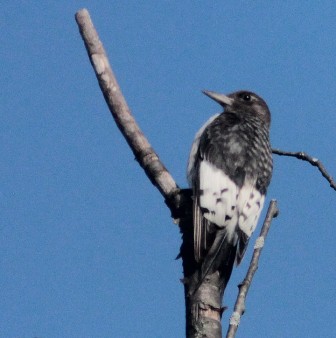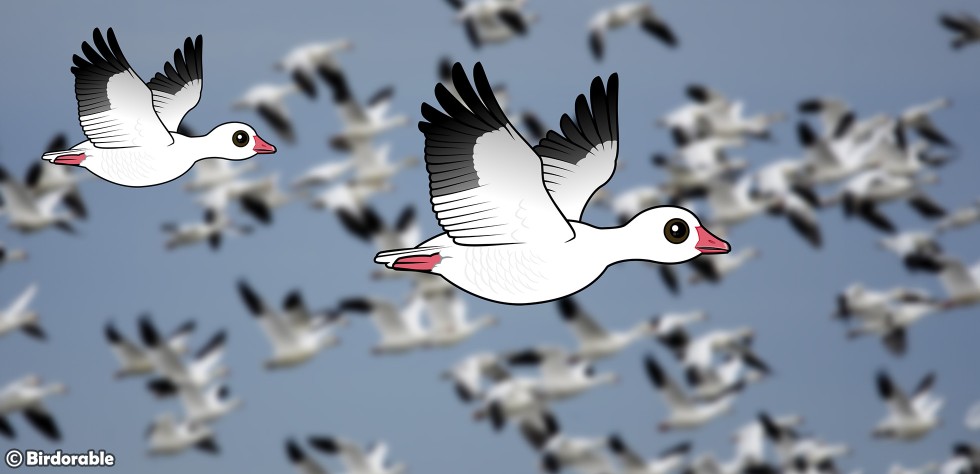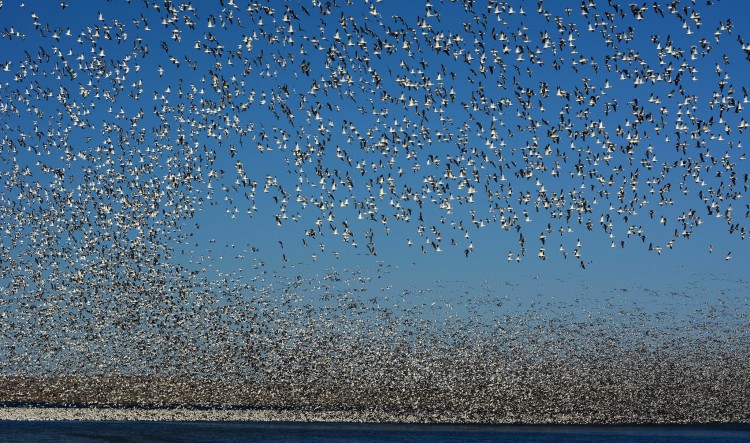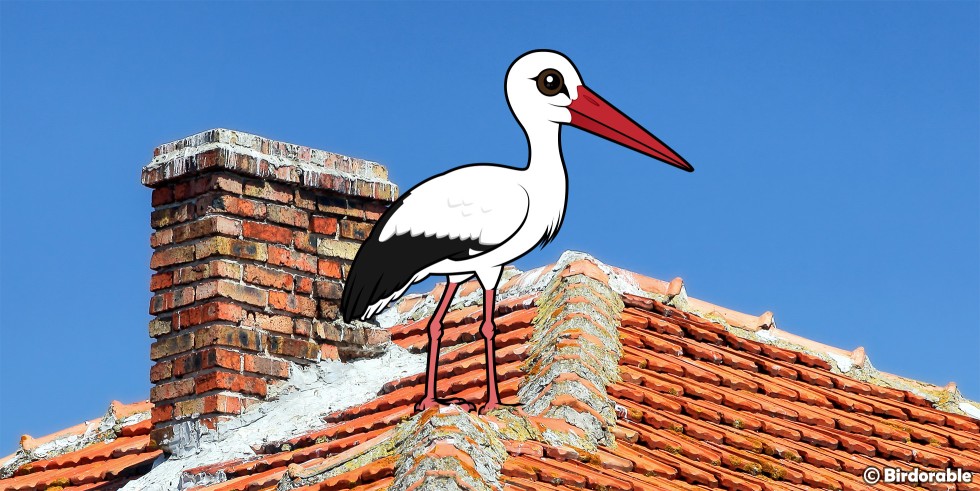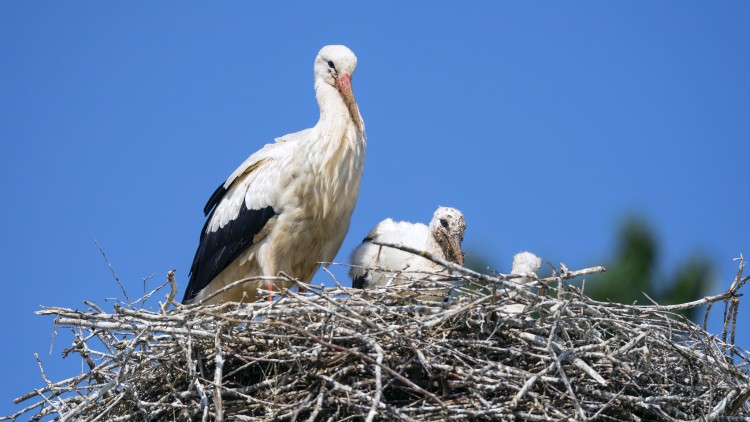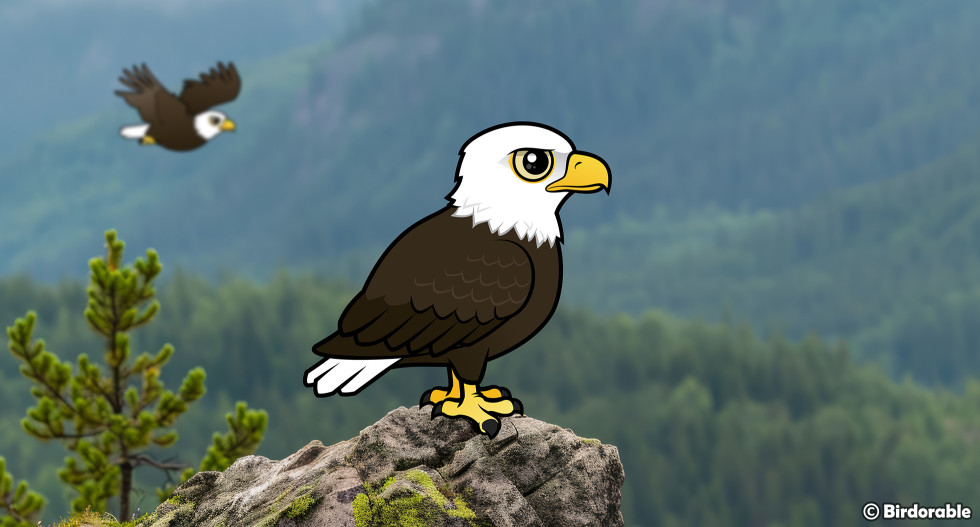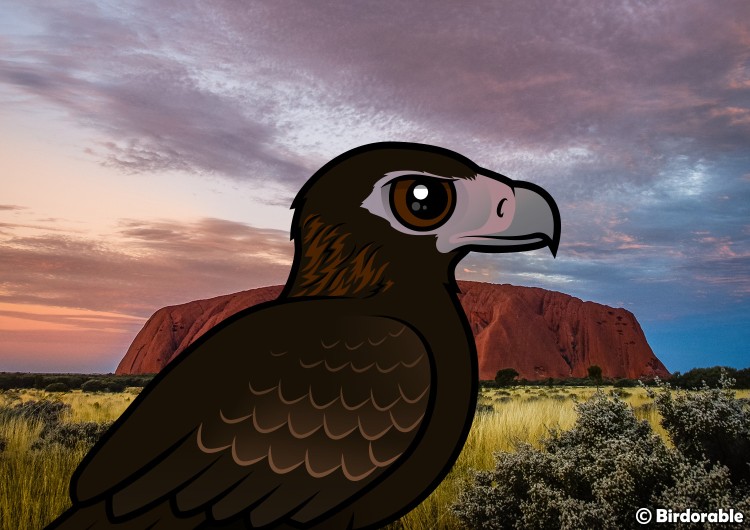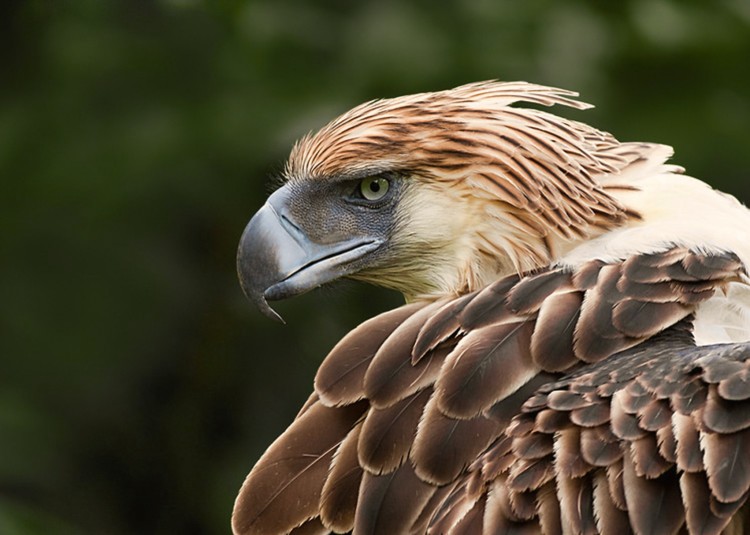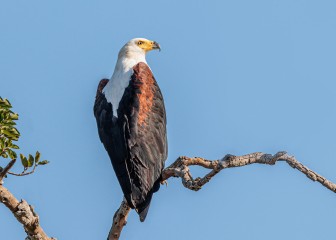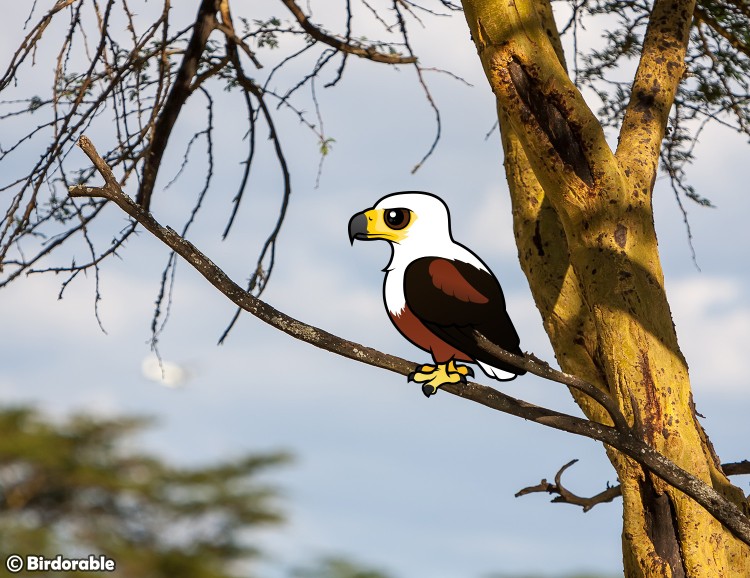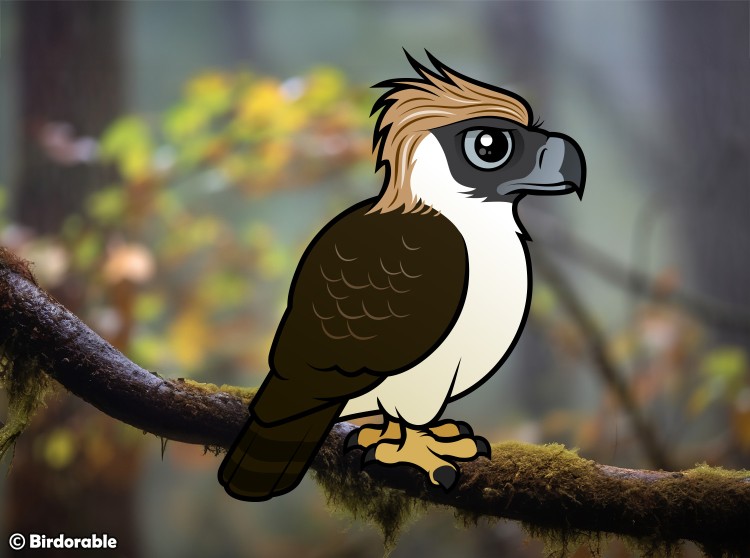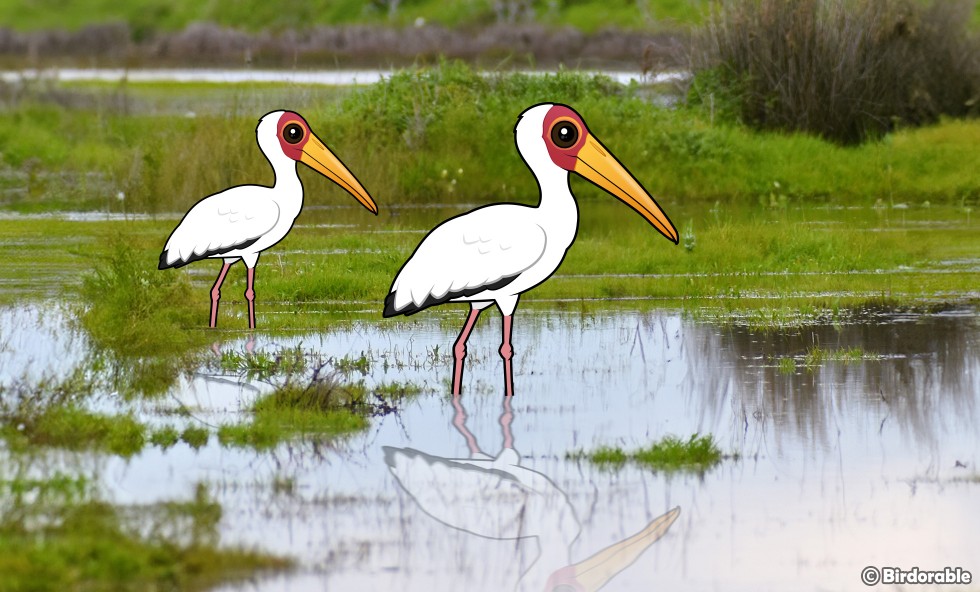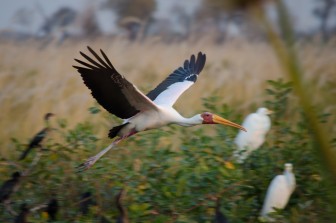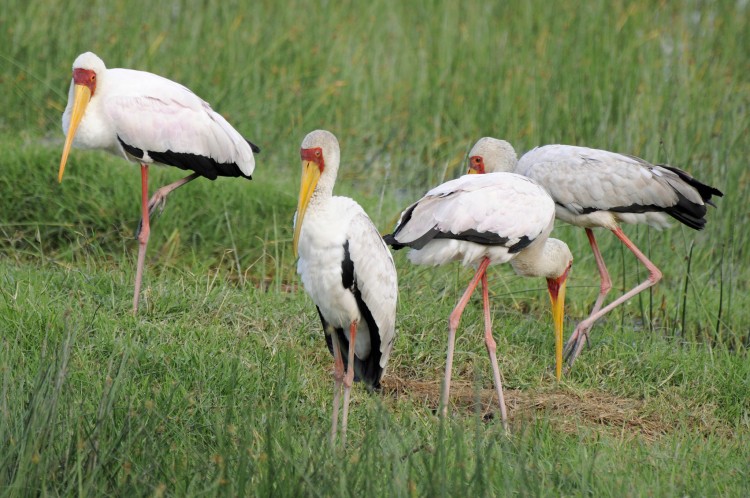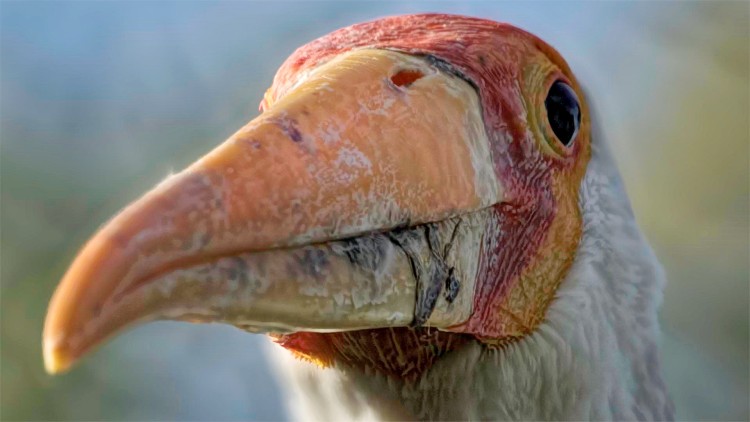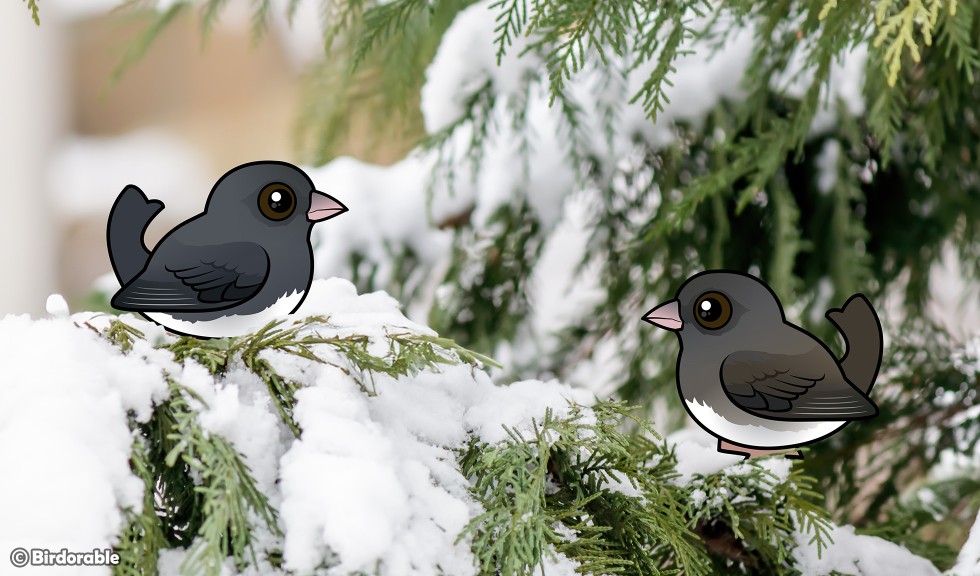
As autumn deepens and the days grow shorter, birds undergo remarkable behavioral and physiological changes to prepare for the winter months ahead. From altering their eating habits to changing their sleep patterns, birds respond in a variety of ways to the decreasing daylight. Here’s a look at how different bird species adapt to the short days and long nights of late autumn and winter.
One of the most noticeable changes is in the feeding habits of birds. As the days shorten, birds have fewer daylight hours to find food. This shift prompts many birds to maximize their foraging time, from dawn to dusk. This need to gather food quickly and efficiently becomes more urgent as many natural food sources, such as insects and berries, become scarcer. Some birds, like chickadees and nuthatches, stockpile food during the fall to prepare for the leaner winter months. These small but resourceful birds hide seeds and other morsels in trees or other crevices, relying on their impressive memory to retrieve these caches when food is hard to come by. Birds also prefer foods higher in fat and protein during the changing of the season, to build up fat reserves which helps them stay warm during cold nights.
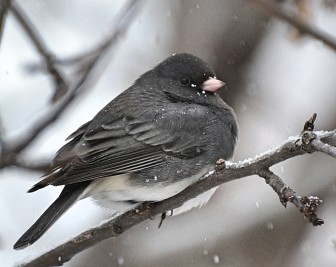
Dark-eyed Junco by DaPuglet (Tina) [CC BY-SA 2.0]
Changes in sleep patterns are also common. Many birds sleep longer during the longer nights of winter, entering deeper states of rest to conserve energy. Roosting habits may change as well. While many birds are solitary or pair-roosting in the warmer months, they may begin roosting in flocks or groups during colder weather for added warmth. Birds like Eastern Bluebirds and Mourning Doves will huddle together to share body heat. Some species even create “communal roosts,” where dozens or even hundreds of birds gather together in sheltered locations, allowing them to conserve warmth more effectively and reduce the risk of nighttime predation.
Winter territory dynamics also change. Some species, like American Robins and Dark-eyed Juncos, alter their behavior from territorial to more social during the winter. While these birds may be highly territorial during breeding season, the need for survival drives them to cooperate with others in late autumn and winter. For instance, you may see mixed-species flocks of sparrows, chickadees, and woodpeckers foraging together. This cooperative behavior is beneficial, as it increases the odds of locating food and provides a measure of safety from predators.
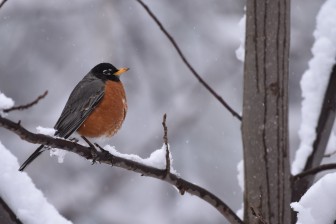
American Robin by Laura Wolf [CC BY 2.0]
Of course, migration is one of the most dramatic responses to changing daylight. For migratory species, the shortening days of autumn trigger hormonal responses that encourage birds to fly south to warmer regions. Some birds migrate hundreds or thousands of miles to escape the cold and find more abundant food sources. The timing of migration is often controlled by the amount of daylight, or photoperiod, which signals to birds that it’s time to begin their journey. Migratory species spend part of the fall building up fat stores, fueling up for the long journey south. By late autumn, many migratory birds will have already departed, with only winter residents remaining behind.
The shift in daylight is more than just a marker of the passing seasons; it’s a cue that helps birds prepare for the challenges of winter. Whether they migrate, roost together, or adapt their bodies and behaviors, birds exhibit remarkable resilience and adaptability in response to the seasonal shift. Watching these changes in backyard birds is not only fascinating but also a reminder of the delicate balance between wildlife and their environment, as they adjust to the rhythm of nature to survive the winter months.



